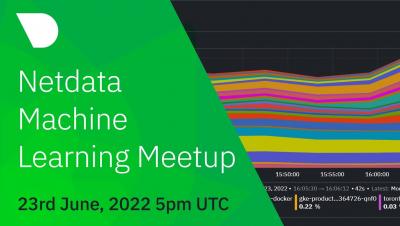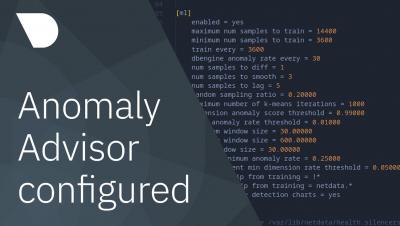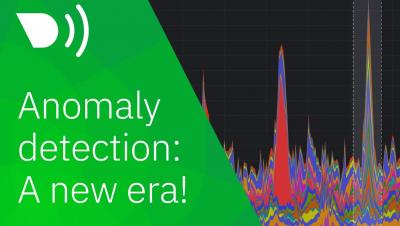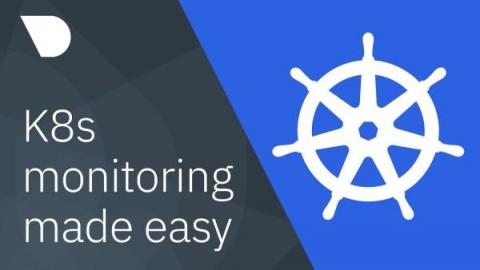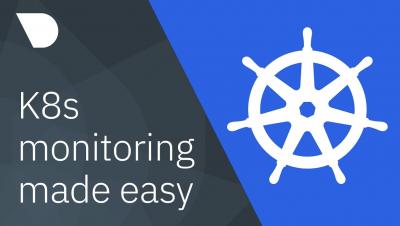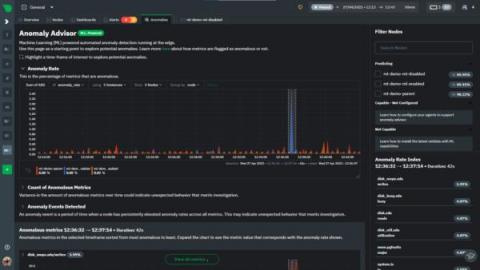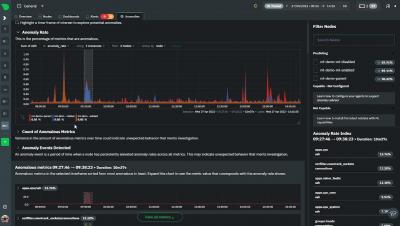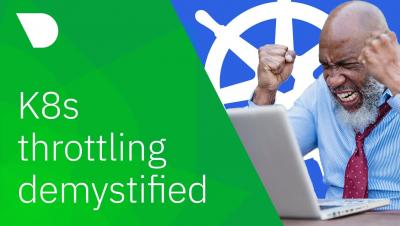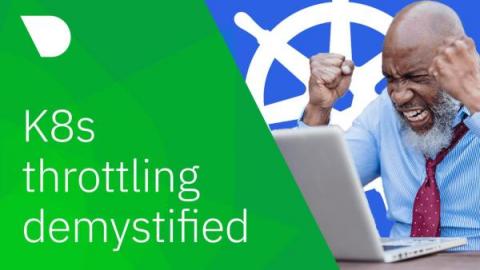Operations | Monitoring | ITSM | DevOps | Cloud
May 2022
How to configure Netdata's all-new Anomaly Advisor, powered by ML, for real-time troubleshooting
Introducing Anomaly Advisor for troubleshooting at scale
Monitoring without Cooperation: Kubernetes
Imagine this: You are an engineer at a startup. You are responsible for keeping all the applications running smoothly and safely in production. At first, you have things under control, but soon enough things start getting more complex.
Start Monitoring Kubernetes in Minutes!
Introducing Anomaly Advisor - Unsupervised Anomaly Detection in Netdata
Today we are excited to launch one of our flagship ML assisted troubleshooting features in Netdata – the Anomaly Advisor. The Anomaly Advisor builds on earlier work to introduce unsupervised anomaly detection capabilities into the Netdata Agent from v1.32.0 onwards.
Netdata Anomaly Advisor Quick Walkthrough
Kubernetes throttling? It doesn't have to suck!
Kubernetes Throttling Doesn't Have To Suck. Let Us Help!
In the Kubernetes (K8s) community, there is a huge misconception about CPU allocation and utilization. Even highly experienced SREs find themselves struggling with the way Kubernetes allocates CPU resources, leading to misconfigured CPU allocations and extremely negative outcomes. For starters, this results in significant quality degradation on important service components, introduced by behind-the-scenes CPU limiting (or throttling).


